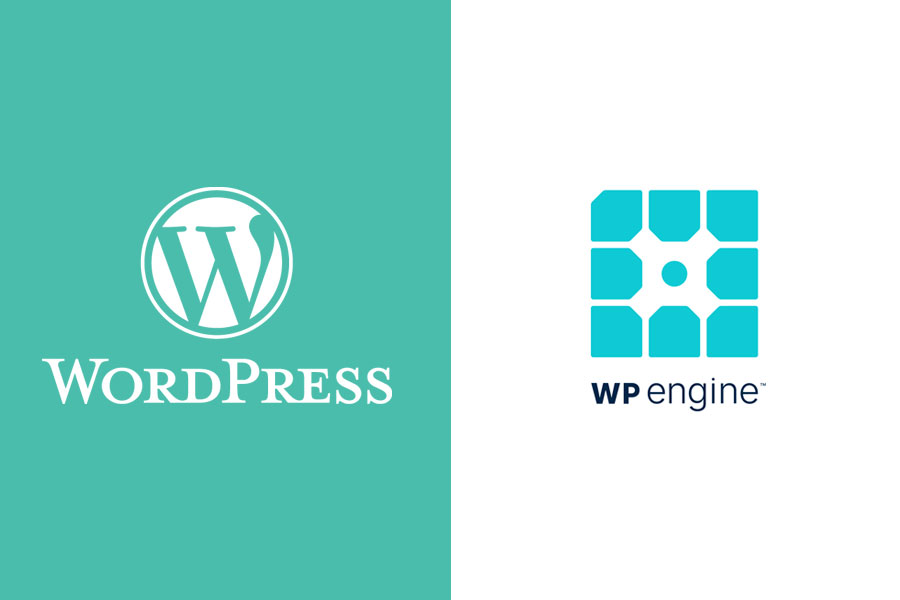The WordPress ecosystem has recently been rocked by a high-profile dispute between WordPress.org and WP Engine, centering on the Advanced Custom Fields (ACF) plugin—a widely-used tool that enables developers to create custom content and functionality. The conflict has highlighted deeper tensions within the WordPress community regarding ownership, open-source principles, and control over key components of the platform. Here’s what you need to know about the issue and its potential implications for developers, businesses, and the broader WordPress ecosystem.
The Facts: What Happened?
-
ACF Plugin at the Center
The ACF plugin, originally developed by Elliot Condon and later acquired by WP Engine, is a critical tool for many WordPress developers. It allows customization of WordPress beyond the standard post types and fields, enabling tailored functionality for unique website needs.
-
Ownership and Forking
After acquiring ACF in 2021, WP Engine integrated it into its suite of tools. However, in October 2024, WordPress.org took control of the ACF plugin repository, citing concerns over how WP Engine was handling updates and licensing. WordPress.org claimed that WP Engine’s approach violated the principles of the General Public License (GPL), which mandates open access and sharing of modifications.
-
WP Engine’s Fork
In response, WP Engine forked the ACF plugin, creating a separate version for its customers. This move essentially split ACF into two paths: the WordPress.org-managed version and WP Engine’s proprietary version.
-
WordPress’s Response
WordPress.org halted updates to the ACF plugin on its platform, citing WP Engine’s actions as antithetical to the open-source ethos. Matt Mullenweg, co-founder of WordPress, has been vocal about protecting the platform’s open-source nature, framing this as a fight for the integrity of the ecosystem.





